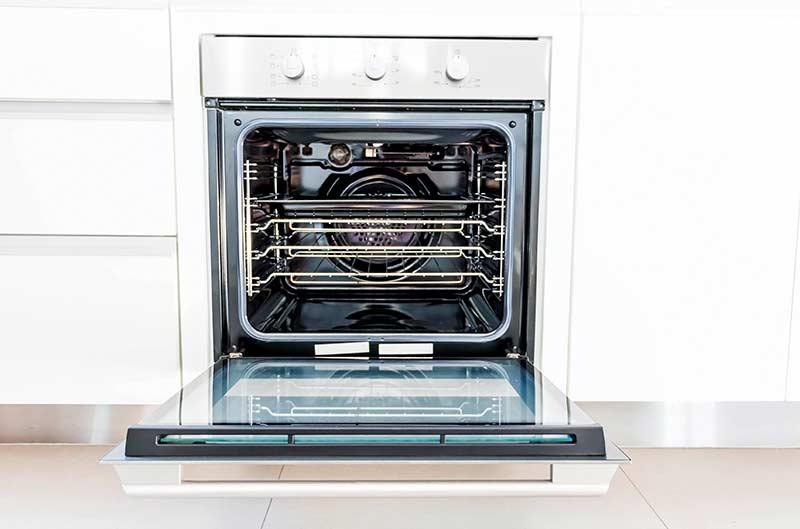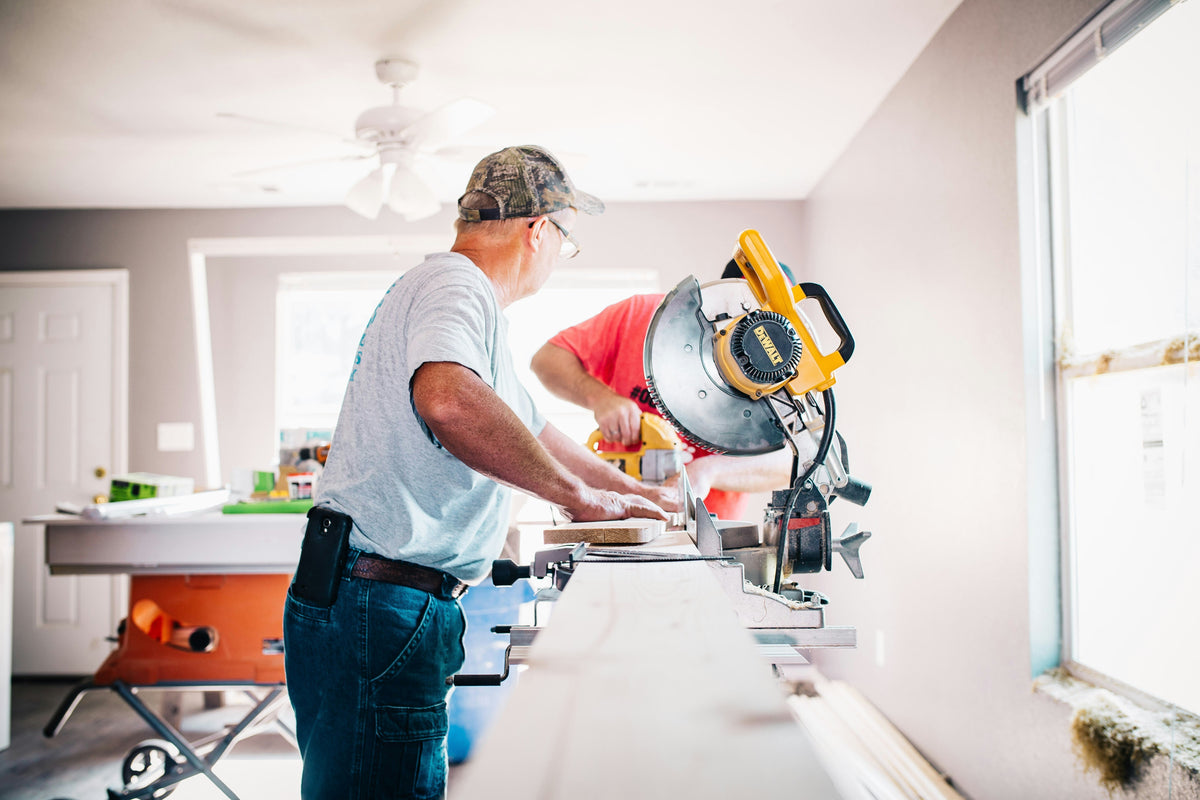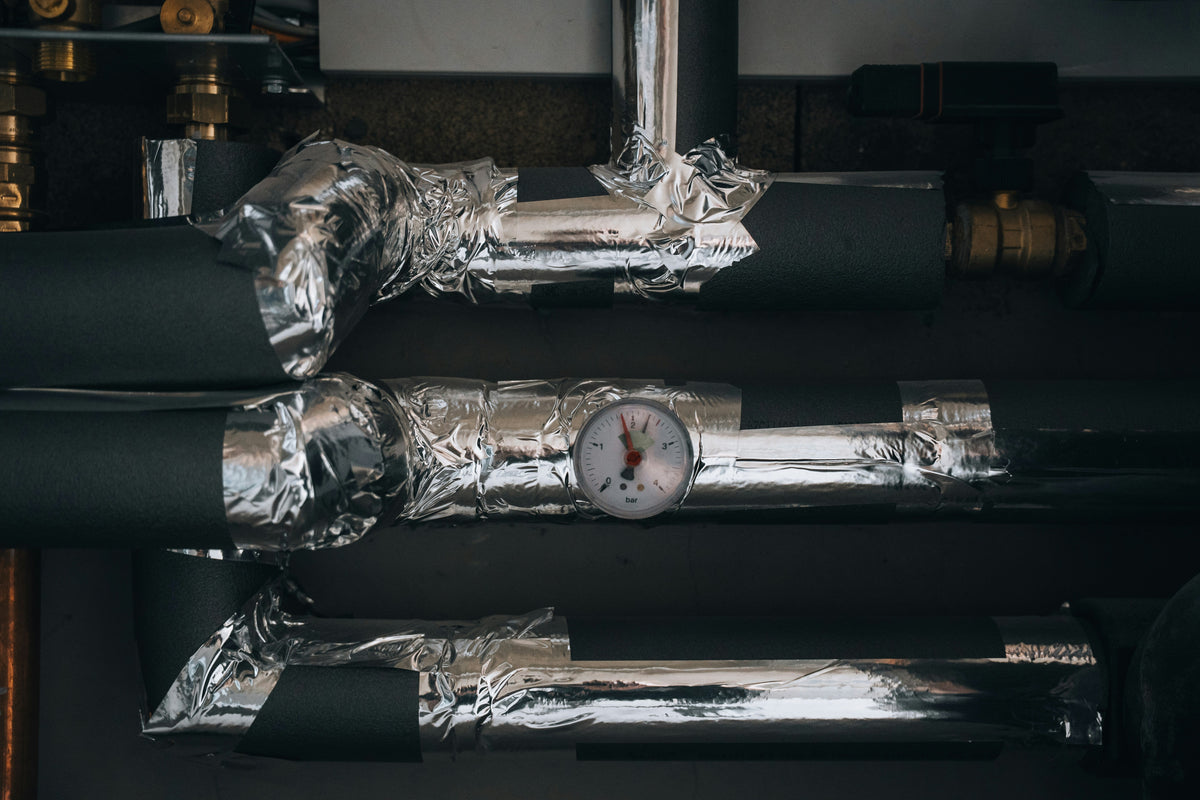Many modern couples are rethinking traditional wedding registries by adding sustainable choices that reflect their values. Instead of filling your home with items you may never use, you can include eco-friendly gifts such as beeswax wraps, glass containers, or durable dishware that support a low-waste lifestyle. Donation options are another thoughtful way to reduce unnecessary consumption, allowing guests to contribute to charities, honeymoon funds, or even eco-causes you both care about. Linking your registry to ethical and eco-conscious stores also ensures purchases support businesses with greener practices. Choosing high-quality items that last longer further minimises waste while providing practical essentials for your new life together. A sustainable gift registry is more than a trend-it’s a meaningful way to celebrate love while protecting the planet.
Share your articles with us and get published! Reach out at hello@friendlyturtle.com.
The 3 Most Effective & Eco-Friendly Ways to Clean Your Oven

3 Eco Friendly Ways To Clean Your Oven At Home
Eco Friendly Oven Cleaning With Baking Soda
Baking soda (also known as sodium bicarbonate) is one of the most famous and effective eco kitchen cleaning hacks. It does not only help neutralise foul odours, but it can be used to clean ovens, microwaves, and tile grout.Cleaning your oven overnight with baking soda and white vinegar
This is one of the most powerful combinations when it comes to how to keep your oven clean.- Use a little bit of water and mix it with the baking soda to create a paste.
- Rub the paste on the inside of your oven. Don’t forget the racks and the glass door too.
- Ensure everything is coated really good, then let it sit overnight.
- You will notice the baking soda mixture is completely dry the next day.
- Fill an empty spray bottle with undiluted white vinegar and spray the inside of your oven. You will hear a lot of fizzing.
- Make sure everything is sprayed really good, and then close the oven door and let this work its magic for 1-2 hours.
- Once done, take a rag or a sponge and scrub in circular motions. You will notice all the grease is coming off really easy.
- Rinse off the rag, and make sure all traces of the baking soda mixture are gone.
- If it’s been far too long since you last cleaned your oven, you may have to repeat the procedure
Cleaning your oven with lemon
Lemons are another great solution for eco-friendly oven cleaning. That’s because citric acid has powerful anti-bacterial, antiseptic, and degreasing effects and can help break even the toughest of baked-on grease and gunk.- First, juice two lemons, add some water, and put the mixture on the stove to boil.
- When the mixture boils, add a tablespoon of your regular dishwashing soap.
- Once the mixture stirs, remove it from the stove, and leave it to cool off before transferring it into an empty spray bottle.
- You can now spray the mixture directly onto dirty areas and then use a scourer and a sponge to clean off.
Steam cleaning with lemon
When it’s been too long since you last cleaned your oven, there will likely be a lot of greases and caked-on stuff on the inside. That’s when it’s best first to steam clean your oven with lemon, so all that burnt-on gunk can be loosened and cleaned more easily.- First, fill a glass bowl with boiling water.
- Juice two lemons and add them to the bowl as well.
- Place the mixture into the oven and allow for the lemon-infused steam to melt and loosen all the built-up grease and fat.
- After an hour, you will find you will have a much easier time cleaning the inside of your oven.
Lemon rub cleaning
When you’re in a hurry, you can use this method as another means of loosening the built-up grime, making this another effective, eco friendly oven cleaning hack.- Cut 3-4 lemons in halves.
- After you steam clean your oven, you can use the halves to give its inside surface additional citric acid and leave it on for a while for an even greater effect.
- You will then be able to clean even the toughest caked-on spots and have the easiest time cleaning your oven.
Cleaning your oven with DIY sugar soap
Sugar soap is another effective and sustainable way to clean your oven to keep them spotless. It is specially designed to clean grease and stubborn dirt. The thing about it, however, is that you have to make it yourself, as the commercial version of it contains compounds that are not eco-friendly.● 1.5 tbs of Imperial Sugar Light Brown Sugar
● 2 teaspoons of some essential oil (lavender, peppermint, vanilla, etc.)
● 1 teaspoon of vitamin E oil
● 2 cups of opaque glycerin melt-and-pour soap
- Cut and melt the soap into cubes
- Place the pieces into a double boiler and cover it with the lid.
- When it melts, take it off the stove and mix in the brown sugar and vitamin E oil.
- Pour everything into a glass measuring cup and add the essential oil.
- Pour in soap, filling the top of the mould. If bubbles appear, spritz gently with alcohol to remove them.
- Leave it to sit for around 4 hours.
- After you’re done, you have your own DIY sugar soap, with which you can proceed to clean your oven.
How Often Should You Clean Your Oven?
Ovens should be cleaned every two-three months, at least twice a year. Failing to do so can result in poor performance, burnt-out electronic components, increased electricity bills, and costly repairs.Why Is Regular Cleaning Important?
Regular maintenance is important to keep any appliance functioning properly and to extend its lifetime.How Not To Clean Your Oven
Some ovens have a self-cleaning feature, which, at first glance, sounds convenient.Deep Cleaning Your Ovening
An oven should be deep cleaned at least twice every year. The benefits are that it will increase its lifespan, reduce your electricity bills, and improve the taste of your food.Conclusion
One of the keys to living more sustainably is to have a clean and properly working oven. The 3 most effective and eco friendly oven cleaning ways we’ve reviewed above will ensure just that.0 comments
Let customers speak for us
Blog posts
A low-waste home renovation is about more than reducing rubbish - it’s about making mindful choices, reusing resources, and cutting unnecessary costs. By setting clear goals, you can plan ahead to reuse or donate old fixtures, cabinets, and doors, while ensuring contractors align with recycling practices. Accurate measurements prevent over-ordering, saving both money and materials. Opting for durable, sustainable products like reclaimed wood or recycled steel ensures your upgrades last longer and reduce future waste. Repurposing existing elements adds charm and sustainability, turning old bricks or timber into unique design features. Partnering with eco-conscious professionals and responsibly donating unused supplies helps keep materials out of landfills. With careful planning, your renovation becomes a blueprint for sustainable living - practical, stylish, and planet-friendly.
Energy-efficient HVAC systems are at the heart of sustainable home design, reducing waste, cutting energy bills, and supporting a lower carbon footprint. As one of the largest sources of household energy use, HVAC plays a crucial role in making homes both eco-friendly and cost-effective. By designing efficient ductwork, sealing leaks, and integrating smart layouts, architects can minimise energy loss while maximising comfort. Modern HVAC technology not only lowers greenhouse gas emissions but also delivers consistent indoor temperatures without compromise. When planned from the start, energy-efficient HVAC supports renewable integration, reduces long-term costs, and creates homes that are healthier, greener, and more desirable for future buyers.





